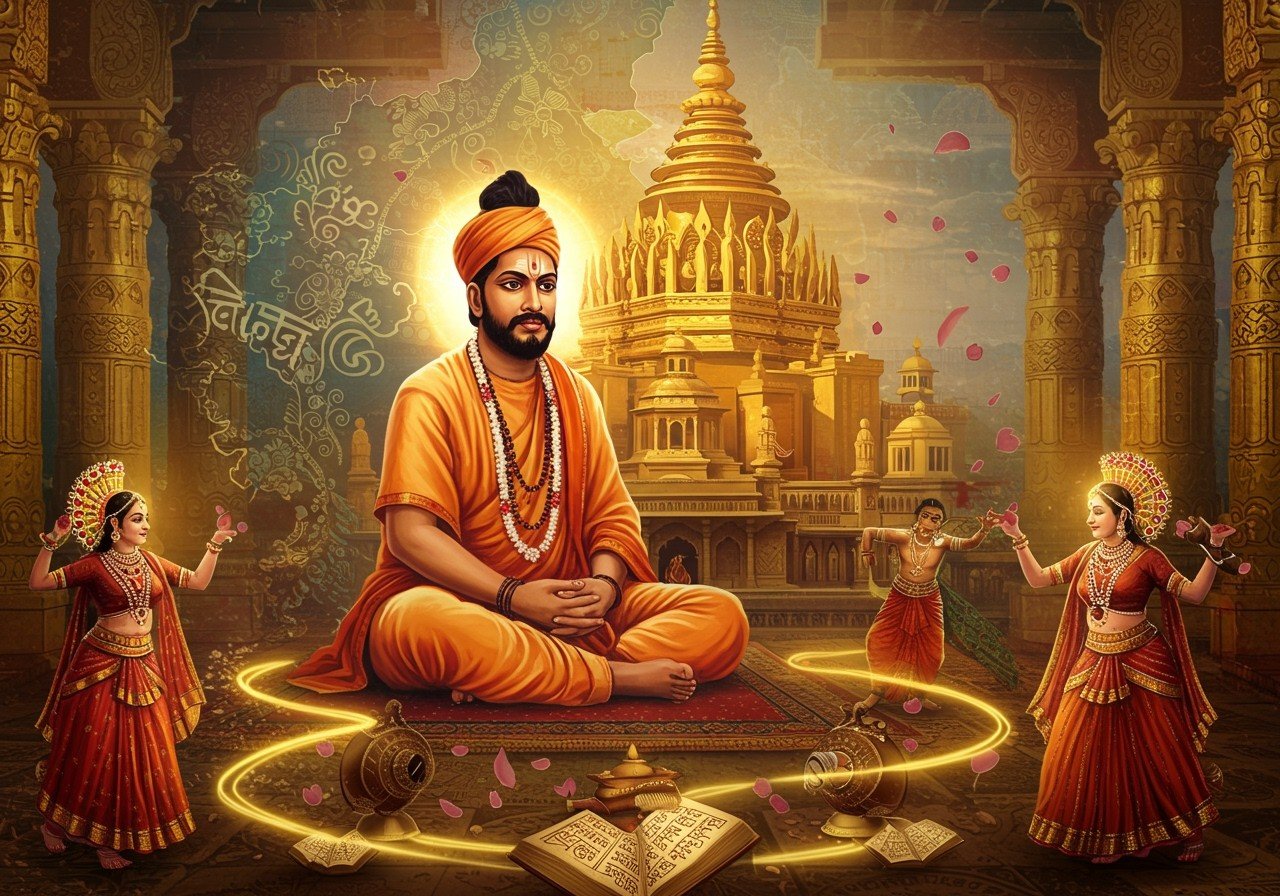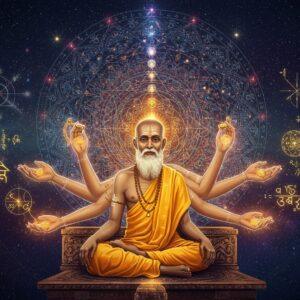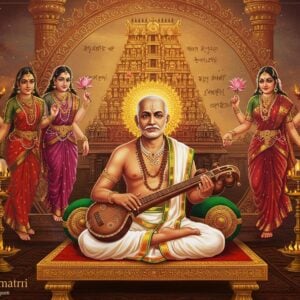
Srimanta Sankardev, a 15th-16th century Assamese polymath, continues to exert a profound influence on Assam’s cultural, religious, and social fabric even in 2025. This article explores his enduring legacy and impact on Assam.
Who is Srimanta Sankardev?
Srimanta Sankardev (1449-1568), a revered saint-scholar, social reformer, and cultural icon, is considered the “Father of Assamese Culture.” His contributions extend across literature, art, religion, and social reform, shaping the cultural and spiritual landscape of Assam.
You can find a wide selection of spiritual items related to Srimanta Sankardev’s teachings and Assamese traditions at poojn.in.
Sankardev’s Cultural Contributions
-
Revolutionized Art Forms: Sankardev introduced new forms of music (Borgeet), theatrical performance (Ankia Naat, Bhaona), and dance (Sattriya). These art forms, deeply embedded in Assamese heritage, often convey moral and religious themes, making them accessible to a wider audience.
-
Literary Innovations: His literary contributions encompass a vast range, from trans-created scriptures and poetry to theological works in Sanskrit, Assamese, and Brajavali, a literary language he developed. His writings continue to be studied and cherished for their spiritual insights and literary brilliance.
-
Sattriya Dance: Sankardev’s creation of the Sattriya dance form, now recognized as one of India’s classical dances, showcases Assam’s artistic richness. This unique dance form combines intricate movements, expressive storytelling, and spiritual symbolism.
Poojn.in offers a wide variety of products related to traditional Assamese art forms like Sattriya. Discover traditional instruments, costumes, and more at poojn.in.
Religious and Social Impact
-
Neo-Vaishnavism (Ekasarana Dharma): Sankardev established Ekasarana Dharma, a form of Neo-Vaishnavism centered on devotion to Lord Krishna. It emphasized communal singing, worship, and the rejection of complex rituals, making religious teachings accessible to all, regardless of social standing.
-
Social Reform: Sankardev challenged the rigid caste system, advocating for spiritual equality. His teachings promoted social harmony and unity. This progressive stance contributed significantly to social reform in Assam.
-
Sattras (Monasteries): The Sattras founded by Sankardev and his disciples continue to serve as vital socio-religious institutions. These monasteries preserve Assamese heritage, promote Sankardev’s teachings, and serve as centers for community and spiritual growth.
Explore a curated selection of puja items and spiritual accessories for your devotional practices at poojn.in.
Sankardev’s Contemporary Relevance in 2025
-
Srimanta Sankardeva Award Ceremony: This annual event recognizes outstanding contributions to culture, art, and spirituality, underscoring Sankardev’s enduring influence. The 2025 ceremony is expected to be attended by the President of India, highlighting its national significance.
-
Janmotsav (October 5th): Sankardev’s birth anniversary is a major regional holiday in Assam, providing an opportunity to learn about his traditions and lasting impact. Communities across Assam organize special events and celebrations to mark this occasion.
-
Tirobhava Tithi: The anniversary of Sankardev’s passing is observed with prayers, devotional singing, and discussions on his teachings in Vaishnavite monasteries throughout Assam. This day serves as a time for reflection and remembrance of his profound contributions.
Find authentic religious texts and books related to Srimanta Sankardev’s teachings at poojn.in.
Conclusion
Srimanta Sankardev’s legacy is not merely historical; it remains a vibrant, living force in Assam. His teachings on unity, equality, and devotion continue to resonate deeply, shaping the cultural and spiritual identity of Assam in 2025 and beyond. His contributions ensure that his influence endures, enriching the lives of generations to come.


